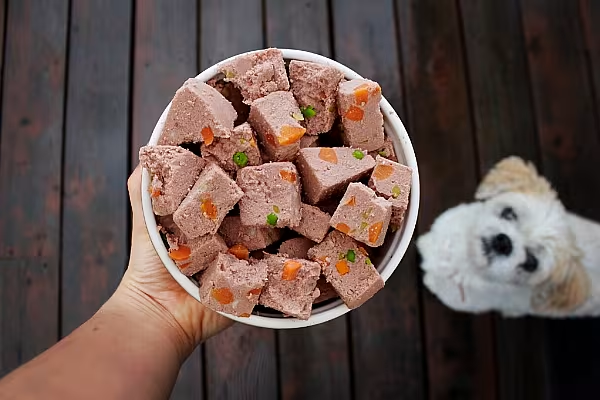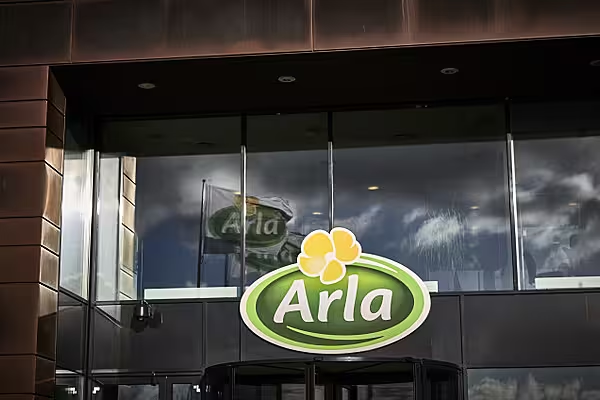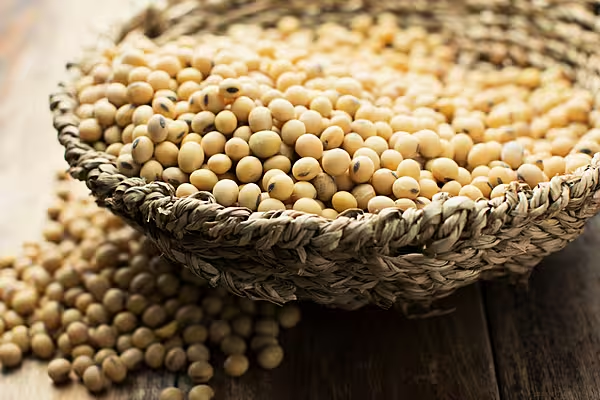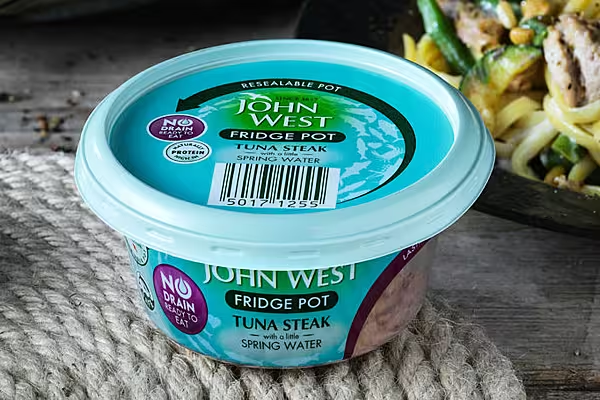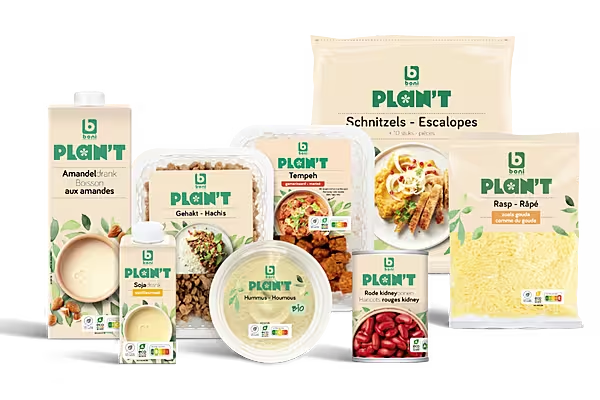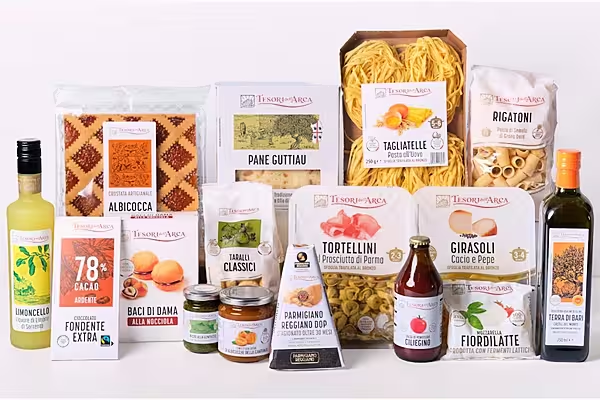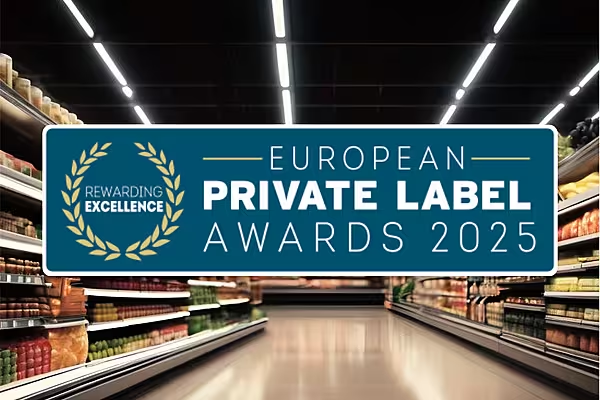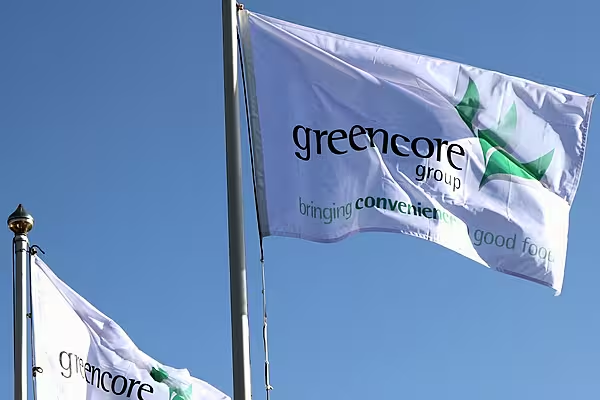Private labels have acquired a third of the overall value share (34%) of the pet food category in Europe, a new report by Circana has revealed.
In 2022, private-label pet food increased its share of the €10.8 billion category by 18% (€3.6 billion) across Europe’s six largest markets: France, Italy, Germany, Spain, the UK and the Netherlands, Circana added.
In the last quarter of 2022, this growth accelerated to 25%, as pet owners continued to trade down from branded products.
Over the last four years, value sales of pet food increased by 5.4% across Europe, to reach €10.8 billion.
In 2022, that growth rate almost doubled, to 12% (compared to 5.9% annual growth in 2021), driven by inflation and an explosion of pet ownership, the report noted, citing data from FEDIAF, which represents the European pet food industry.
Innovation-Driven Growth
Innovation in the category rose by 39% in 2022, compared to the previous year, as more people adopted pets.
As a result, new-product launches in pet food accounted for 9% of total pet food sales for private labels and national brands.
In Germany (28%) and the Netherlands (11%), new-product launches contributed a substantially higher percentage of sales, at 28% and 11%, respectively.
Health and Wellness
Ananda Roy, global SVP of strategic growth insights at Circana, said, “Led by manufacturers and retailers in the UK and Italy, there has been a lot of innovation around breed- and age-based nutrition. This health-and-wellness focus taps into the boom in new pet ownership that started during the pandemic and allows manufacturers to follow the life of these pets as they grow.
“Other innovations include the use of human food ingredients, such as vegetables and pulses as a source of high protein, [and] low-fat and balanced nutrients, especially where traditional ingredients may cause allergies or sensitivities.”
Impact Of Inflation
The pet food category showed resilience to inflationary turbulence in 2022, as it saw a small increase in unit sales, of 0.4% (1.6 percentage points for private labels), at a time when volume sales across the entire FMCG category declined by 1.1%.
Pet owners continued to buy branded pet food at the start of the cost-of-living crisis while purchasing private-label options, the report noted.
Roy explained, “Pet food has traditionally been dominated by trusted national brands, so the strides retailers have made developing as-good-as quality alternatives that appeal to consumers’ very real need to lower the cost of their shopping basket are remarkable.”
He added, “It highlights, once again, the growing regard for private labels – more consumers perceive them as being innovative and as good [as], or better than, many of the national brands that they compete with. The quality of private-label pet food, in particular, with specialised nutrition or the inclusion of high-quality human food ingredients, differentiates private label significantly.”
Other Highlights
Value sales of pet food grew the most in the UK (+12.7%) and Germany (+11.3%), which, in addition to other markets, added €1.1 billion to the category.
Pet treats and toys saw growth of 13.1% in 2022, compared to the previous year, adding €50 million to the total €0.4 billion in value sales, Circana added.
